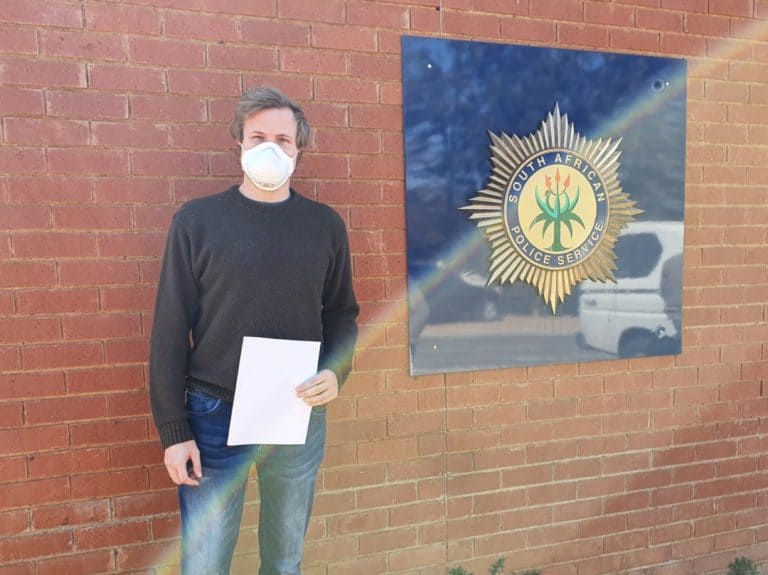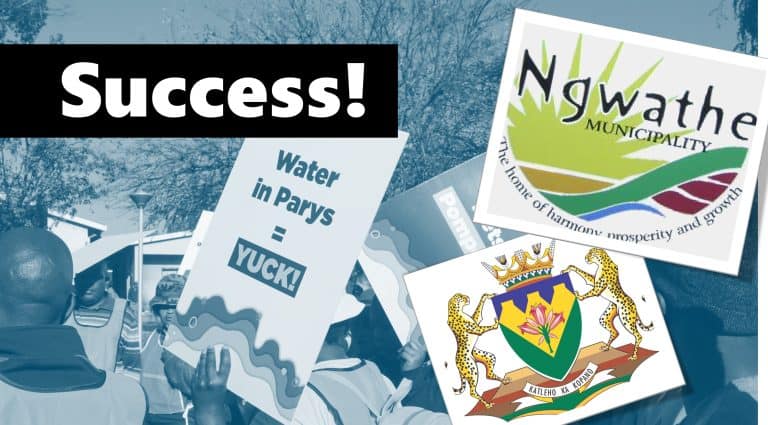AfriForum slams secretive EIA revisions, exclusions in Kruger National Park mining application
Soundbite: Lambert de Klerk (English)
Klankgreep: Lambert de Klerk (Afrikaans)
AfriForum has sent a legal letter to the environmental consultant Kimopax and the Department of Mineral Resources and Energy (DMRE) in response to alarming irregularities in the environmental impact assessment (EIA) process for Tenbosch Mining’s proposed coal mining project near the southern boundary of the Kruger National Park.
It has recently emerged that a revised version of the EIA, dated March 2025, was apparently created after the official submission date in February of this year. This happened without notifying any of the other registered interested and affected parties (I&APs). Even more worrisome is that a public meeting was reportedly convened on short notice, with invitations apparently sent to selected individuals and groups, while organisations such as AfriForum, that are formally registered as I&APs, received no notice or information about it.
“This is procedural sabotage,” says Lambert de Klerk, AfriForum’s Manager for Environmental Affairs. “One cannot conduct a public meeting in secret, revise documents behind closed doors, and then only notify certain individuals. This is unlawful, unethical, and deeply disrespectful to civil society.”
AfriForum has condemned the Environmental Assessment Practitioner’s (EAP) conduct as a gross violation of public participation requirements in terms of:
- Regulation 39 of the EIA Regulations, promulgated under the National Environmental Management Act (NEMA), which mandate full and fair public access to all draft and revised documents;
- Section 2(4)(f)–(k) of NEMA 107 of 1998, which enshrines the right of all interested parties to participate meaningfully in environmental decisions; and
- the Promotion of Administrative Justice Act (PAJA) 3 of 2000, which prohibits unfair and procedurally unjust administrative processes.
AfriForum’s legal letter further invokes Section 24 and 33 of the Constitution respectively, reminding the DMRE and Kimopax of the public’s right to an environment that is not harmful to their health or well-being, and to fair administrative processes. The letter explicitly calls on Kimopax and the DMRE to offer an explanation on the matter, for the DMRE to reject the EIA in its current form, disclose whether the March 2025 version was officially received, and suspend any decision-making until lawful and transparent public participation has been conducted. The DMRE, as the competent authority, has a constitutional and statutory duty to ensure that environmental approvals are procedurally sound and legally compliant.
The latest version of the EIA reportedly includes material changes that were never disclosed to the public. The failure to circulate these revisions, combined with the last-minute, seemingly exclusive meeting, paints a clear picture of a process that has been manipulated to suppress opposition.
“The environmental consultant is not acting independently. This appears to be a coordinated effort to keep opposing voices out of the room and establish this coal mine under the radar. AfriForum will not allow that,” says De Klerk.
The civil rights organisation is preparing formal submissions in the meantime and reserves its full legal right to challenge the validity of this process in court should the authorities fail to act.
“The environmental and procedural damage already caused by this application must not be allowed to set a precedent for future mining in sensitive ecological areas. The public has a right to be heard, not excluded,” De Klerk concludes.
AfriForum is still awaiting a formal response from the Minister of Forestry, Fisheries and the Environment, Dr Dion George, on the Department’s official stance regarding the Tenbosch mining application and the conduct of the EAP. As a key stakeholder responsible for the protection of the country’s ecological heritage, the Department’s silence in the face of such growing controversy is both troubling and unacceptable.











